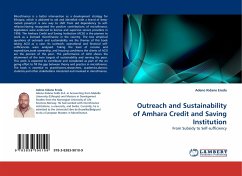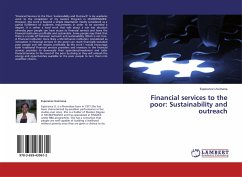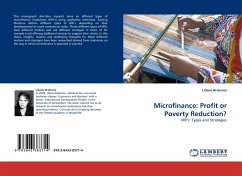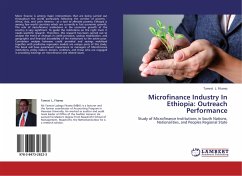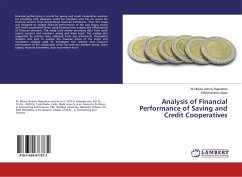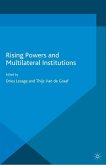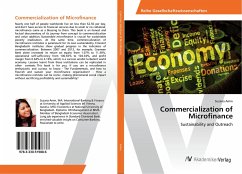Microfinance is a better intervention as a development strategy for Ethiopia, which is addicted to aid and identified with a brand of deep-rooted poverty.It is one way to shift from aid dependency to self-reliance.Having recognized the positive contributions of microfinance, legislations were endorsed to license and supervise service providers in 1996. The Amhara Credit and Saving Institution (ACSI) is the pioneer to work as a licensed microfinance in the country. The two empirical questions of outreach and sustainability are the themes of this book taking ACSI as a case. Its outreach, operational and financial self-sufficiencies were analysed. Taking the level of income and expenditure,asset ownership, and housing conditions the clients of ACSI are the poorest of the poor. The performance of ACSI shows the attainment of the twin targets of sustainability and serving the poor. This work is expected to contribute and considered as part of the on going effort to fill the gap between theory and practice in microfinance. The book is essential to practitioners,researchers, academics,donors, students,and other stakeholders interested and involved in microfinance.

